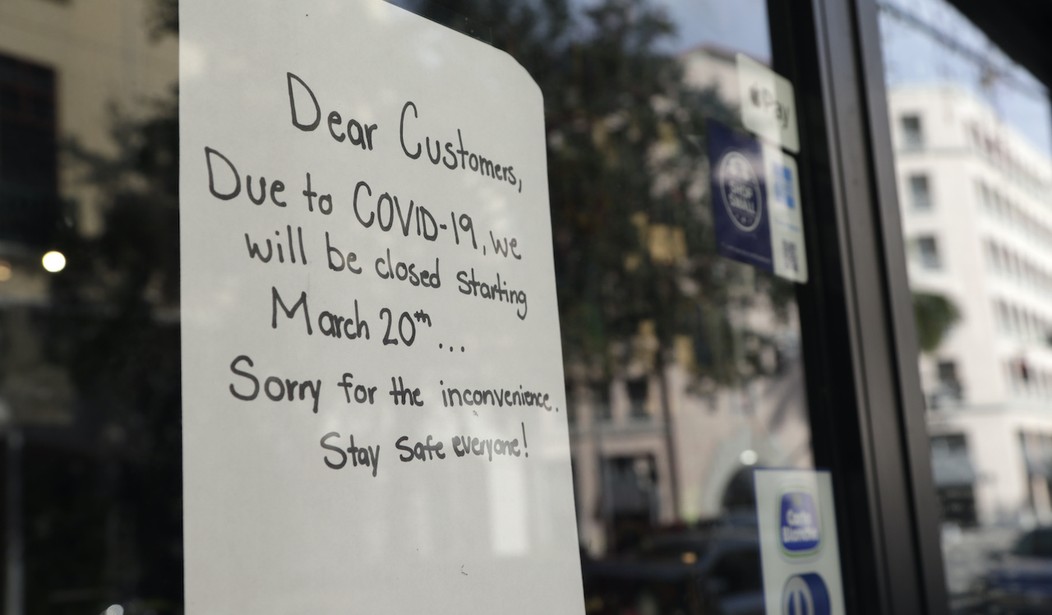Chinese-owned subsidiary firms in the U.S. received Paycheck Protection Program (PPP) loans upwards of $150,000 each, Treasury Department data indicates.
Fox News reported that companies, including Continental Aerospace Technologies, Inc., Aviage Systems, and two of HNA Group Co.’s holdings applied for and obtained funding intended to bolster U.S. small businesses amidst the coronavirus-induced economic setback. According to NBC, BGI Americas Corporation and CloudMinds Technology Inc. also received assistance. CloudMinds affiliates have been placed on a roster of blacklisted companies by the U.S. State Department for alleged participation in human rights abuses in China.
Granted one of the largest loans at up to $10 million, Continental Aerospace Technologies is a derivative of Chinese defense company Aviation Industry Corp. of China (AVIC). AVIC also holds a stake in Aviage Systems.
AVIC is one of 20 companies designated complicit with China’s hegemonic military expansion by the U.S. Defense Department last month. Lawmakers enjoined President Trump to act on the pronouncement by sanctioning the Chinese military firms operating in the U.S.
In March, Congressman Matt Gaetz (R-FL) introduced the “No CHINA Act” that prevents coronavirus relief funds from reaching Chinese state-owned businesses operating in the U.S. The House has not put the bill to vote.
“Chinese corporations operating in America must not be eligible for the upcoming trillion-dollar bailout, now or ever,” Rep. Gaetz said in a statement.
The government would not directly address the appropriation of funds to Chinese-backed subsidiaries, but a spokesperson for the Treasury Department told NBC that the government can authorize a lender to deny loan forgiveness to any borrower.
Recommended
While the PPP rules do address whether a U.S. company qualifies if its foreign affilates constitute an employee base of greater than 500, they do not appear to address whether businesses owned by foreign entities can qualify.
Economic tensions between China and the U.S. have intensified since the onset of the coronavirus, with many state officials accusing China of shielding the virus’s origins and then misrepresenting its severity. Reports of ongoing human rights abuses against the Uighurs in China’s Xinjiang province compound the U.S. and China’s already-tenuous relationship.
The United States has issued rounds of sanctions and business advisories that signal further economic disengagement with China. Most recently, Secretary of State Mike Pompeo announced the U.S. would impose visa restrictions on designated employees of Chinese technology firms, including Huawei, perceived as national security threats.
“Telecommunications companies around the world should consider themselves on notice: If they are doing business with Huawei, they are doing business with human rights abusers,” Pompeo said.
Earlier in June, the administration moved to restrict U.S. employee retirement funds from investment in Chinese companies. The Department of Commerce has also banned 24 Chinese entities, including CloudMind, from trading with the U.S.
























Join the conversation as a VIP Member